Diabetes
One of the most common endocrine disorders is diabetes. It affects millions of people worldwide and occurs when your body can’t properly regulate blood sugar (glucose) levels.
How Diabetes gets developed?
Diabetes develops when there’s a problem with insulin, a hormone produced by the pancreas. Insulin helps your cells use glucose for energy.
In diabetes, either:
- Your body doesn’t form enough insulin, or
- Your cells don’t respond properly to the insulin (insulin resistance).
- As a result, glucose builds up in your blood, leading to high blood sugar levels.
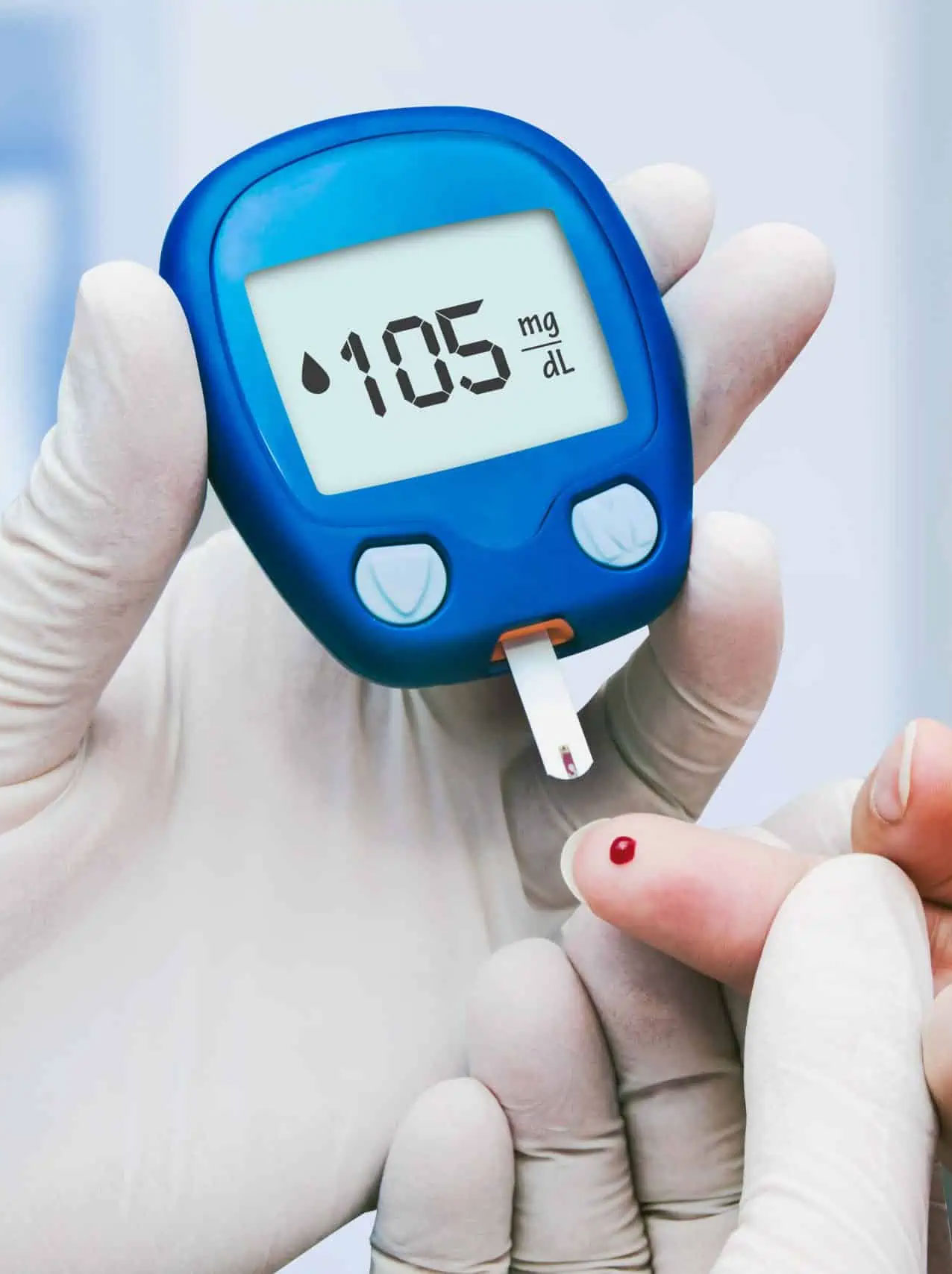
Types of diabetes
There are several types of diabetes, but the three main types are:
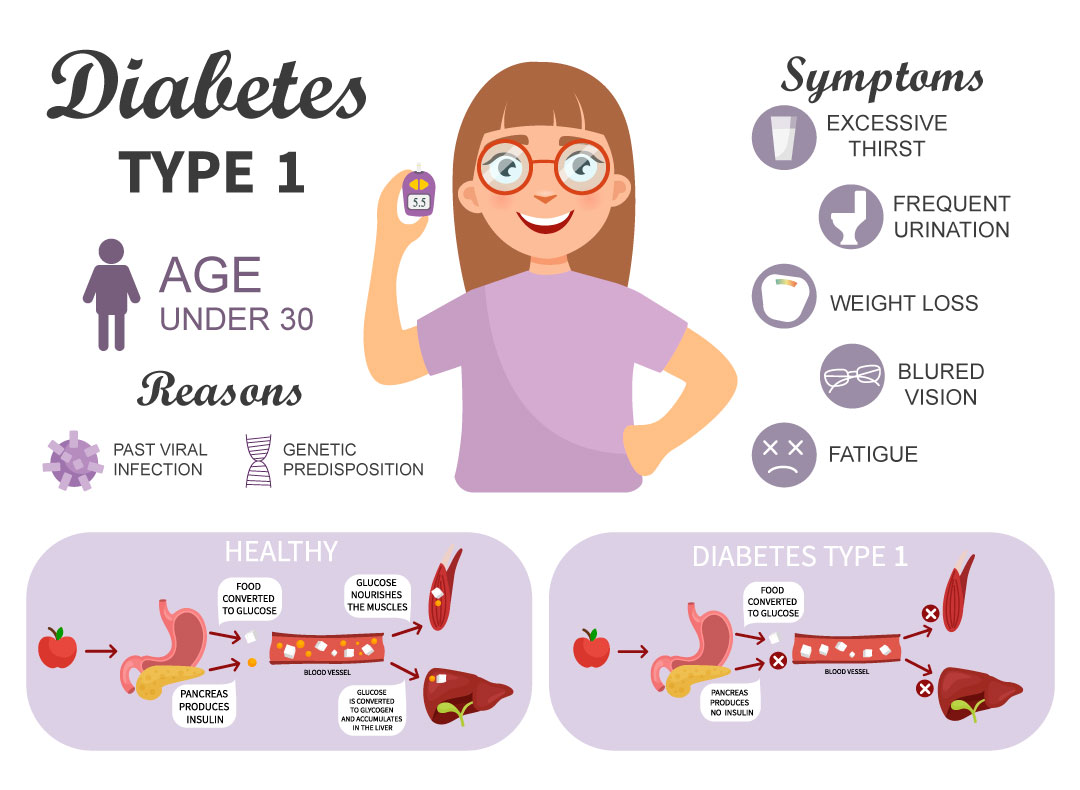
Type 1 Diabetes
- Usually diagnosed in children and young adults
- The immune system attacks and destroys insulin-producing cells in the pancreas
- People with Type 1 diabetes need to take insulin daily to survive
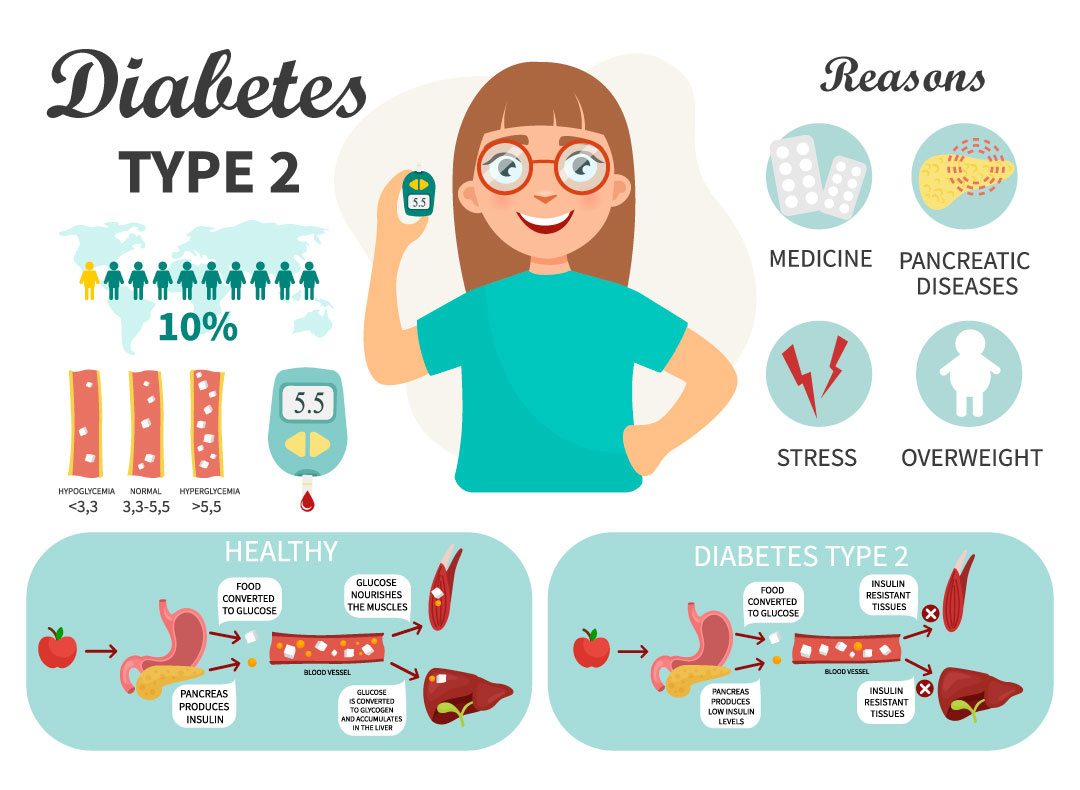
Type 2 Diabetes
- The most common form of diabetes
- Usually develops in adults, but increasingly seen in younger people
- The body becomes resistant to insulin or doesn’t produce enough
- Often linked to lifestyle factors like obesity and lack of physical activity
- Can often be managed with diet, exercise, and medication
Type 2 Diabetes: A Comprehensive Guide
Basic Facts
- Type 2 diabetes is a chronic condition affecting how your body processes glucose (sugar).
- It occurs when your body becomes resistant to insulin or doesn’t produce enough insulin.
- Risk factors include obesity, sedentary lifestyle, age over 45, and family history.
- Symptoms may develop slowly and include increased thirst, frequent urination, blurred vision, and fatigue.
- It can lead to serious complications if left unmanaged, including heart disease, kidney damage, and vision problems.
Weight
Being overweight or obese (BMI > 25 kg/m2) is a major risk factor for type 2 diabetes.

Physical inactivity
The lesser active you are, the higher is the risk of diabetes.

Family history
Chances of developing type 2 diabetes is 5-10 times higher if your parents or siblings (first – degree relatives) had diabetes.

Race / Ethnicity
Certain races are at high risk of developing diabetes.
The risk is high if you are an African American, Latino, Native American, Asian.

Gestational diabetes mellitus
If you have a history of gestational diabetes in pregnancy, your risk of developing type 2 diabetes is high.

Other Factors
Various other factors include Low HDL Cholesterol and high triglyceride level, Polycystic ovary syndrome, Prediabetes, Age and Gender

High blood pressure
People with BP ≥ 140/90 mmHg or/ on treatment for High blood pressure.

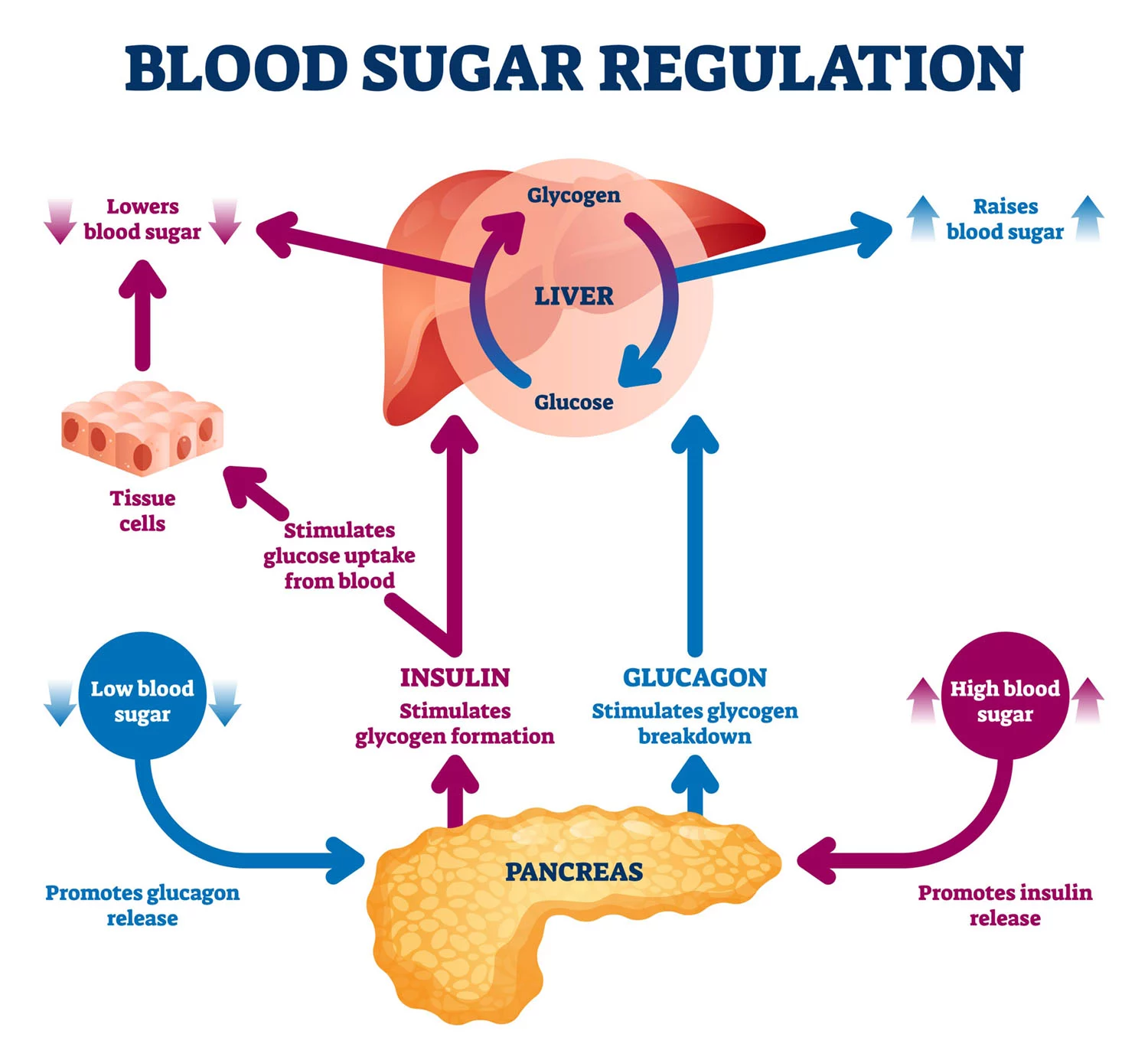
How the Body Processes Sugar
- Digestion: When you eat, your body breaks down carbohydrates into glucose.
- Blood Sugar Rise: Glucose enters your bloodstream, causing blood sugar levels to rise.
- Insulin Release: Your pancreas releases insulin in response to rising blood sugar.
- Glucose Absorption: Insulin helps your cells absorb glucose from the bloodstream.
- Energy Production: Cells use glucose for energy or store it for later use.
- Blood Sugar Regulation: As cells absorb glucose, blood sugar levels return to normal.
- In Type 2 diabetes, this process is impaired because cells don’t respond properly to insulin (insulin resistance) or the pancreas doesn’t produce enough insulin.
Type 2 Diabetes: Monitoring
- Regular monitoring is crucial for managing Type 2 diabetes:
- Blood Glucose Monitoring:
- Use a glucose meter to check blood sugar levels at home.
- Your doctor will advise on how often to test.
Basic Facts
- Measures average blood sugar over the past 2-3 months.
- Typically done 2-4 times a year.
- Target A1C is usually below 7% for most adults with diabetes.
Regular Check-ups:
- Visit your healthcare provider regularly for comprehensive diabetes care.
- Includes checks for complications (eye exams, foot exams, kidney function tests).


Type 2 Diabetes: Medication & Therapy
- Treatment plans are individualized and may include:
Oral Medications*:
- Metformin: Often the first medication prescribed.
- Sulfonylureas: Help your body produce more insulin.
- DPP-4 inhibitors: Help your body use its own insulin more effectively.
- SGLT2 inhibitors: Help your kidneys remove excess sugar through urine.
Injectable Medications:
- GLP-1 receptor agonists: Slow digestion and help lower blood sugar.
- Insulin: Various types available for different needs.
Combination Therapy:
- Your doctor may prescribe a combination of medications for better control.
- Always take medications as prescribed and report any side effects to your healthcare provider.
* All medication shall be consumed after consultation & prescription of the physician
Type 2 Diabetes: Self-Management Solutions
Effective self-management is key to living well with Type 2 diabetes:
Healthy Eating:
- Follow a balanced diet rich in vegetables, lean proteins, and whole grains.
- Monitor carbohydrate intake.
Regular Exercise:
- Aim for at least 150 minutes of moderate-intensity exercise per week.
- Include both aerobic exercises and strength training.
Weight Management:
- Maintain a healthy weight or work towards weight loss if overweight.
Blood Sugar Monitoring:
- Check your blood sugar as recommended by your healthcare provider.
Stress Management:
- Practice relaxation techniques like deep breathing, meditation, or yoga.
- Get adequate sleep.
Education:
- Stay informed about diabetes management.
Regular Medical Care:
- Keep all scheduled medical appointments.
- Stay up-to-date with recommended screenings and vaccinations.

Type 2 Diabetes FAQ
Can Type 2 diabetes be reversed?
Do I need to avoid all sugar?
Will I need insulin injections?
Can I still exercise with diabetes?
How often should I check my blood sugar?
5 in every 100 pregnancies have gestational diabetes*
Gestational Diabetes
- Develops during pregnancy
- Usually resolves after giving birth, but increases the risk of Type 2 diabetes later in life
- Can affect the health of both mother and baby if not properly managed
- Early diagnosis and proper management of diabetes are crucial to prevent complications.
- If you experience symptoms like excessive thirst, frequent urination, unexplained weight loss, or blurred vision, consult your healthcare provider.

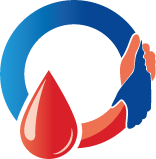

 English
English 